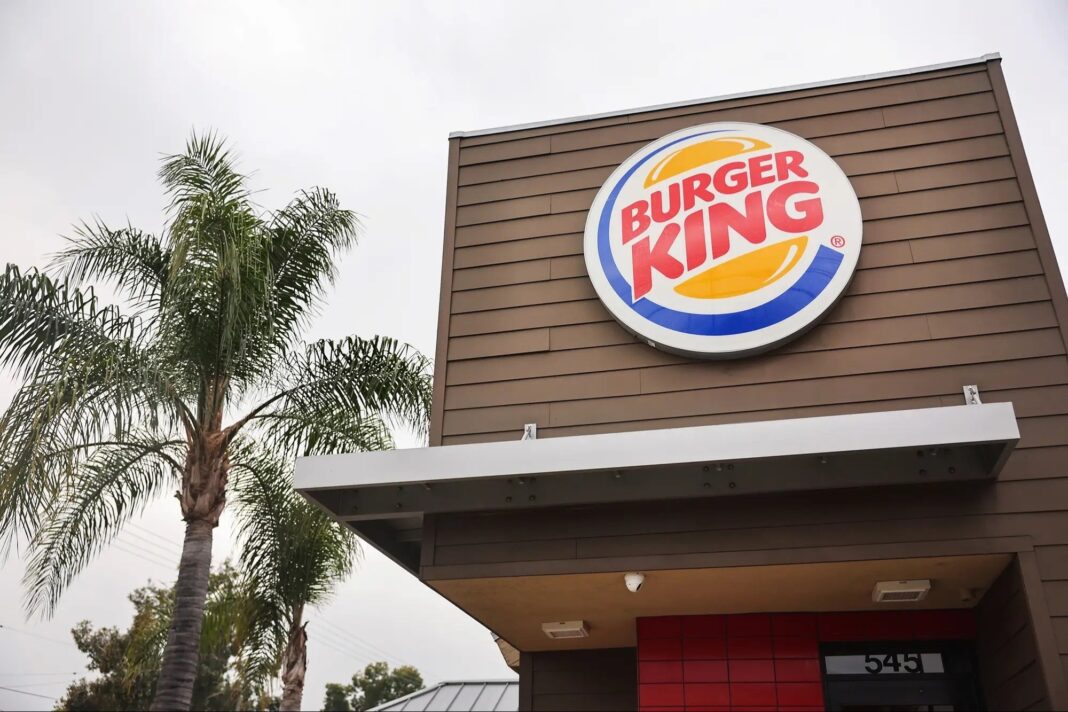This article originally appeared on Business Insider.
A major fast-food franchisee in California says he’s rushing to roll out digital order kiosks as part of plans to cut costs over the state’s new $20 minimum wage for fast-food workers.
“We can’t move fast enough on this,” Harsh Ghai told Business Insider in an interview in early April.
“We have kiosks in probably about 25% of our restaurants today,” he said. “However, the other 75% are going to have kiosks in the next probably 30 to 60 days.”
Ghai said he owns 180 fast-food restaurants in California, including about 140 Burger King locations and numerous Taco Bell and Popeyes restaurants. Ghai said that he was the largest Burger King franchisee on the West Coast, though BI was unable to independently verify this.
“We are installing kiosks in every single restaurant,” he said.
Ghai says he can’t raise prices anymore
The new minimum wage, which applies to limited-service restaurant chains with at least 60 locations nationwide, came into effect on April 1. It’s 25% higher than the state’s general minimum wage of $16 an hour, though many cities and counties in California have set theirs higher.
Fast-food workers and the unions representing them have long been campaigning for higher wages — especially in California, a state with high living costs.
Some fast-food franchisees say that the higher payrolls could make it challenging to remain profitable. Many are desperately looking for ways to bring in more revenues and cut costs.
Ghai said that in a typical year, his restaurants would put up their prices by between 2% and 3% but that he’s raised them by between 8% and 10% in the last 12 months.
“The majority of that is going to get absorbed in the inflation of our food costs,” he said. “So we’re not even compensating for most of the labor costs that we’re going to be experiencing with this legislation.”
And he doesn’t want to raise prices any further.
“I can’t take more price than that,” Ghai said. “Anything more than that is going to result in [a] significant impact to our traffic.”
Instead, he’s taking a number of different measures to help offset the higher wage, including cutting workers’ hours, eliminating overtime, pausing the development of new restaurants, and adding kiosks, he said.
Fast-food chains are rapidly deploying more order kiosks in the US to reduce their labor costs. The new $20 wage in California has added even more urgency.
Kiosks are also more accurate and push customers to spend more — Shake Shack says that they’re its most profitable channel. Burger King is rapidly rolling out kiosks while Taco Bell says it has them in all its US restaurants.
Ghai said that under his previous strategy, which included adding kiosks to new restaurants and ones he was remodeling, it would have taken him between five and 10 years to introduce kiosks to all his restaurants.
“But now we are just going ahead and installing the kiosks in every single restaurant in response to the legislation to be able to balance some of these labor costs that are hitting us,” Ghai said.
“We’ve done the financial analysis and it makes more sense for us to spend the capital expenditure on the technology, and obviously when you’re buying large amounts of the hardware, you obviously get it for a cheaper price as well,” he continued.
“So it’s making more sense for us to just roll that across the business in its entirety.”
